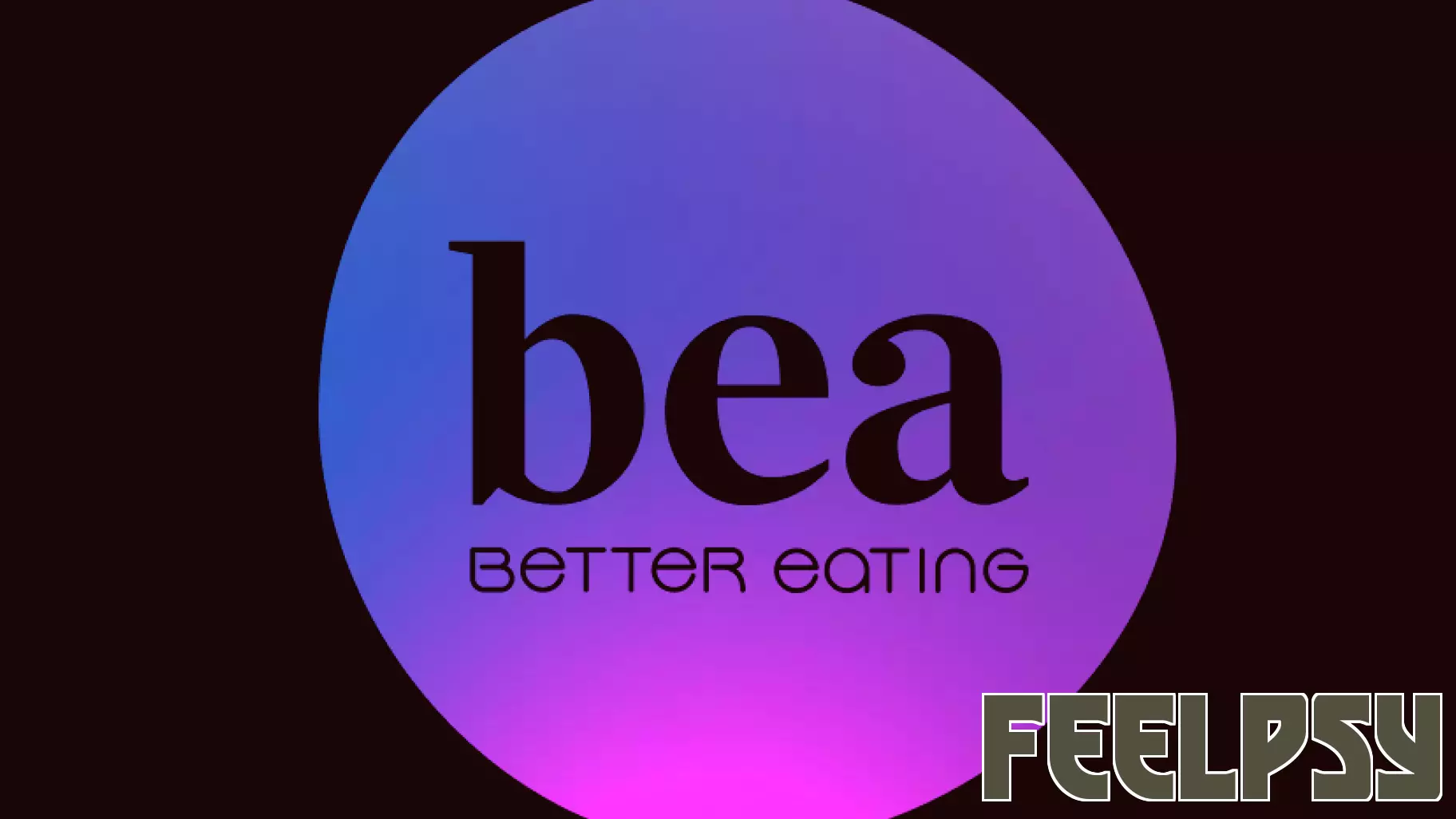Innovative AI App Launched to Combat Emotional Eating
January 14, 2025 - 04:49

A groundbreaking new app named Bea has been introduced, designed to address emotional eating through the integration of psychology and advanced technology. Developed by a team of clinical psychologists, Bea employs artificial intelligence to provide users with tailored mindfulness practices, meditation techniques, and hypnotherapy sessions. The app aims to transform unhealthy thought patterns related to food and eating habits.
Bea offers a comprehensive approach that combines nutritional education with psychological support. Users will have access to various resources that encourage self-reflection and promote a healthier relationship with food. By utilizing AI, the app can adapt to individual user needs, making the experience more personalized and effective.
The launch of Bea comes at a time when emotional eating is increasingly recognized as a significant challenge for many individuals. With its innovative features and evidence-based practices, the app seeks to empower users to take control of their eating behaviors and improve their overall well-being.
MORE NEWS

March 5, 2026 - 00:08
Psychology says people who keep their social circle small often equate closeness with riskNew psychological insights suggest that for many individuals, maintaining a small, tight-knit social circle is less about shyness and more about a profound, often subconscious, equation: intimacy...

March 4, 2026 - 01:08
Navigating the Messy Middle of Disaster RecoveryThe immediate crisis of a natural disaster is met with a surge of media coverage and public support. However, the true test for survivors and community leaders often begins a year or more later, in...

March 2, 2026 - 16:42
Psychology says the room in your house where you feel most yourself reveals these 6 things about your core attachment needs — and it's almost never the room you'd describe as your favouriteWhile we often showcase our favorite, most polished spaces, psychologists suggest the room where we instinctively feel most authentic reveals profound truths about our core attachment style. This...

March 1, 2026 - 20:45
What Can You Do When You Feel Disappointed?Disappointment is a universal human experience, arising naturally when outcomes or people fall short of our expectations. It is an inherent part of both new and old relationships, as well as...